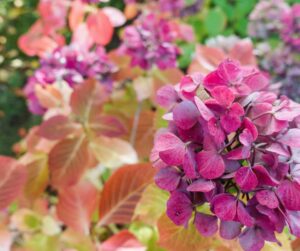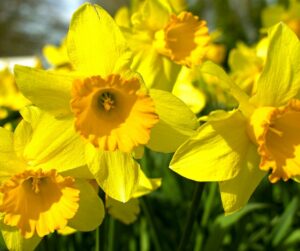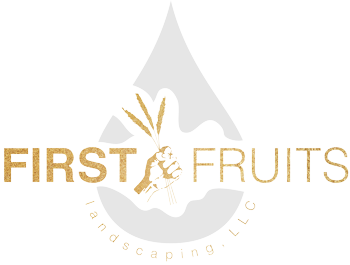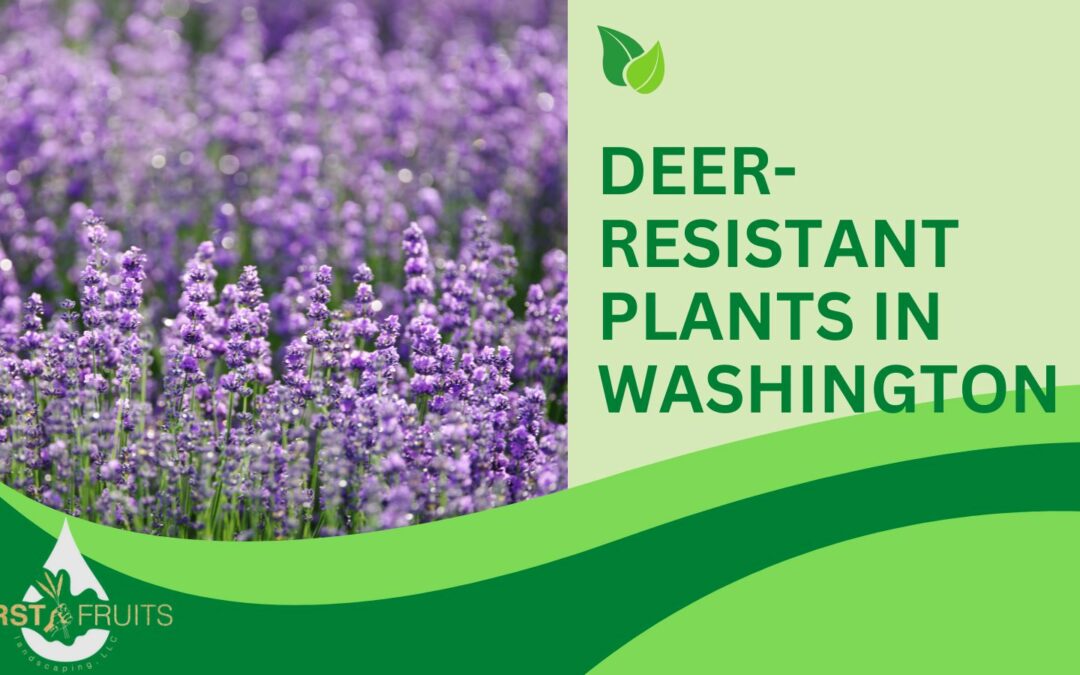Do you live in an area that is prevalent with deer? This can be a beautiful sight to see but a challenge when it comes to preserving your patio plants or garden. Even though deer are shy animals, if they are hungry they will help themselves in our garden eating your plants. If this is happening to you, then you want to consider the types of plants you are using around these areas so you can help detract the deer from eating off of your land. There is no way to keep them completely away from your plants but you can help to deter them.
For those that are prepping and planning their spring and summer garden, deer-resistant shrubs and deer-resistant plants are crucial! Here are the best.
Best Deer-Resistant Plants
Shrubs can be a great option for a deer-resistant plant. They also are great as the background of your garden design. They fill in the gaps in your borders and there are several that accommodate deterring your deer problem. Let’s look at some of the best options.
Panicle Hydrangea
The Panicle Hydrangea is a fairly fast-growing shrub that deer do not prefer. If for some reason they did attempt to eat some of this plant, the plant is hardy and will recover quickly. There are a few different varieties of the Panicle Hydrangea and they range in size. You can find 2ftx2ft or 8ftx8ft. The Panicle Hydrangea does best in full sunlight but it can tolerate some light shade.
Osmanthus
The Osmanthus is a shrub that is easy to grow and very hardy. It can tolerate many different soils and light variances. This shrub is oftentimes used as a privacy screen. The Osmantgus produces clusters of pretty white flowers that smell very sweet.
Lavender
Lavender is a wonderful plant to have around and what makes it even better is that deer dislike it. This makes it the ideal shrub for your garden. Lavender grows best in full sun exposure with well-drained soil. Lavender is low maintenance but you do need to keep an eye out for mites and aphids.
Ninebark
Ninebark is fast growing if you need something quick. This shrub is a medium to large-sized shrub that will produce white flowers in spring and summer. ninebark comes in several colors that make for a beautiful landscape. NInebark is low maintenance but is best in full sun.
Japanese Andromeda
Japanese Andromeda has a very distinct scent that most gardeners love or hate. It is very specific and potent. The flowers on this shrub bloom in spring and resemble a lily. This shrub is an evergreen shrub that will change colors seasonally. This shrub needs very well-drained acidic soil.
Red Twig Dogwood
The Red Twig Dogwood is mainly used for its beautiful foliage and its bright red stems. This shrub is particularly pretty in the winter. The Red Twig Dogwood is a deer-resistant plant and even if a deer did eat some of it, the red twig dogwood is fast-growing and can tolerate harsh pruning.
 Daffodils
Daffodils
Daffodils (Narcissus) are a type of bulb that produce stunning, trumpet-shaped flowers in early spring, and they are also one of the few plants that deer tend to avoid. This is due to the presence of a toxic compound called lycorine that deters deer from eating them. Lycorine is present in all parts of the daffodil plant, including the bulb, foliage, and flowers, making it an effective defense mechanism against grazing animals.
While daffodils are primarily grown for their ornamental value, they also have a practical benefit of repelling deer from gardens and landscapes. Daffodils come in a wide range of colors and sizes, making them versatile and easy to incorporate into different planting schemes. They are also relatively easy to grow and care for, making them an ideal choice for novice gardeners.
Rosemary
Rosemary (Rosmarinus officinalis) is a versatile evergreen herb that not only adds a delicious flavor to your meals but also serves as a natural deterrent for deer. The strong scent of rosemary is known to repel deer, making it an excellent addition to gardens or landscapes that are prone to deer damage.
Rosemary produces delicate blue flowers in the spring that add a pop of color to your garden. The flowers are also a source of food for pollinators such as bees, making rosemary a beneficial plant for both your garden and the environment.
In Conclusion
For more information on what plants would go best with your landscaping needs, contact us. We are here to assist you with all of your design or maintenance projects.

